DNVN - After many years of legal entanglements and infrastructure limitations, renewable energy projects in Vietnam are expecting strong changes from the revised Electricity Law. The Direct Power Purchase Agreement (DPPA) mechanism will be included in a clear legal framework, paving the way for businesses to access clean energy in a transparent and convenient manner.
"Breaking the ice" of transitional projects that cannot yet operate commercially
According to the latest report of Vietnam Investment Rating JSC (VIS Rating) on the renewable energy industry, no direct power purchase agreement (DPPA) has been conducted since the decree regulating the DPPA mechanism was issued in July 2024 until now.
From October 21, 2024, the National Assembly will consider proposals to amend the Electricity Law, including the legal framework related to DPPA operations. VIS Rating expects the Ministry of Industry and Trade and relevant agencies to complete policies and guidelines for implementing DPPA immediately after the new law is promulgated. This is an important basis for renewable energy projects to be able to operate commercially at optimal efficiency, while resolving the "frozen" situation of a series of transitional projects that have completed construction but cannot yet operate commercially.
The new provisions in the Electricity Law will codify the rights and responsibilities of DPPA participants and encourage the Ministry of Industry and Trade to issue guidelines for implementing the DPPA mechanism. Market participants are still waiting for guidance from the regulatory agency on many technical aspects, such as transmission charges, power system service charges, as well as the process of monitoring and supervising the activities of DPPA participants. The amendment of the Electricity Law is necessary to ensure the rights and obligations of DPPA participants.
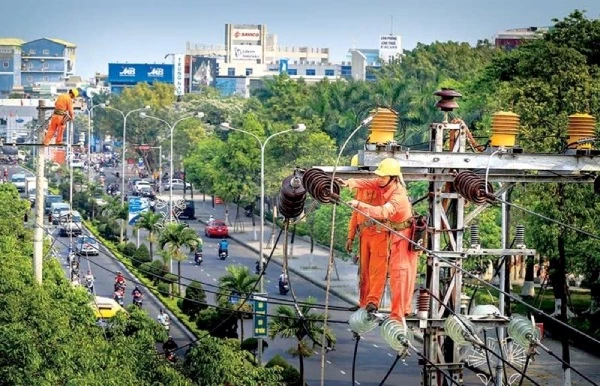
VIS Rating expects the Ministry of Industry and Trade and relevant agencies to finalize policies and guidelines for implementing the DPPA immediately after the new law is issued.
The DPPA mechanism is expected to be a breakthrough solution, allowing energy-using businesses to directly purchase electricity from renewable energy producers instead of going through the Vietnam Electricity Group (EVN). This not only helps businesses access stable renewable energy sources but also helps reduce financial pressure on wind and solar power plants. However, since the Decree on DPPA took effect in July 2024, no contracts have been signed. The reason is the lack of detailed and clear instructions from the Ministry of Industry and Trade on transmission charges, monitoring procedures and power system services.
Promoting feasibility and investment for renewable energy projects
According to VIS Rating, in recent years, issues related to energy infrastructure and legal processes have prevented renewable energy projects from operating at full capacity and hindered the implementation of new projects. The rapid development of renewable energy projects in the South Central Coast and Central Highlands in recent years has led to an increase in electricity production that exceeds the capacity of the regional transmission system. As a result, many renewable energy plants have suffered economic losses due to operating below optimal capacity.
In addition, transitional renewable energy projects face difficulties in completing the necessary legal and regulatory procedures to be able to operate commercially. For transitional projects that have been put into commercial operation, before the Direct Power Purchase Agreement (DPPA) was in place, these projects could only sell electricity to EVN at a temporary price, significantly lower than the FIT price at the time of project development.
"These difficulties not only affect the operational capacity of renewable energy projects but also hinder new investment flows in the past two years," VIS Rating emphasized.
VIS Rating believes that the implementation of DPPA will not only help improve the feasibility of existing renewable energy projects, but also act as a driving force to attract new investment capital. Businesses will have more options to access renewable energy sources and freely negotiate electricity purchase prices, instead of depending on EVN with temporary and lower prices than expected.
In the past two years, weak operating cash flow has made it difficult for many renewable energy enterprises to repay their bonds, with a total overdue debt of up to VND19 trillion. More than 90% of these bonds are related to transitional renewable energy projects that have not yet been able to operate commercially. Experts expect that when the DPPA is effectively implemented, the cash flow of these projects will improve, thereby enhancing debt repayment capacity and minimizing financial risks in the industry.
In addition, DPPA is also a factor promoting the energy transition in Vietnam, contributing to the target of increasing the proportion of renewable energy from 27% in 2023 to 61% in 2050 according to Power Plan VIII. The Government estimates that more than 134.7 billion USD is needed from 2021 to 2030 to meet the demand for renewable energy development and upgrading the transmission system. Attracting capital through bond issuance and new investment sources will be a long-term solution for the renewable energy industry in this context.
Minh Thu
Source: https://doanhnghiepvn.vn/kinh-te/chinh-sach/luat-dien-luc-sua-doi-ky-vong-pha-bang-cac-du-an-chua-the-van-hanh-thuong-mai/20241103052544196


![[Photo] Prime Minister Pham Minh Chinh starts construction of vital highway through Thai Binh and Nam Dinh](https://vphoto.vietnam.vn/thumb/1200x675/vietnam/resource/IMAGE/2025/5/12/52d98584ccea4c8dbf7c7f7484433af5)

![[Photo] Buddha's Birthday 2025: Honoring the message of love, wisdom, and tolerance](https://vphoto.vietnam.vn/thumb/1200x675/vietnam/resource/IMAGE/2025/5/12/8cd2a70beb264374b41fc5d36add6c3d)



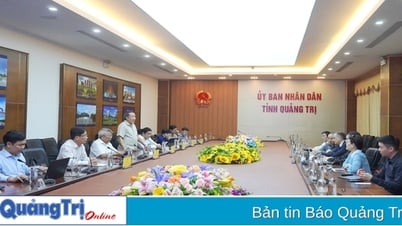

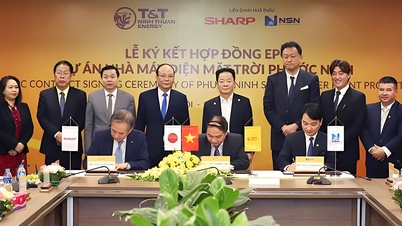



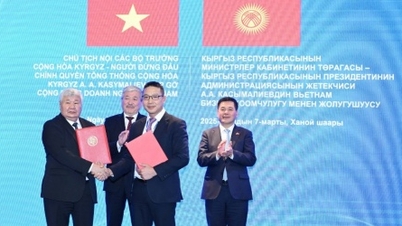



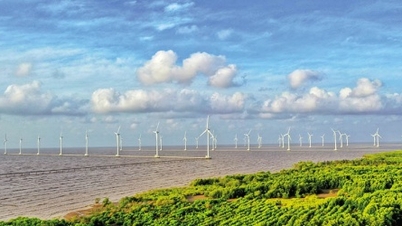
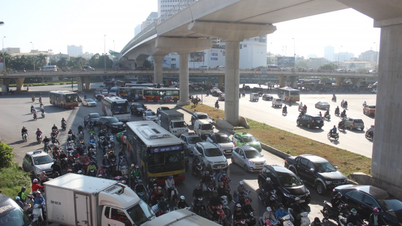

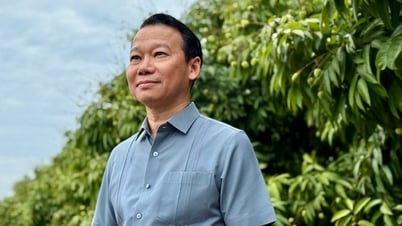
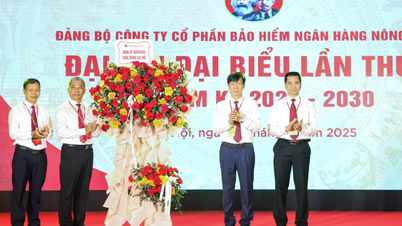
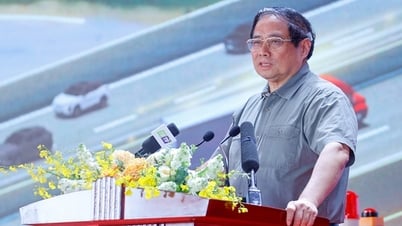





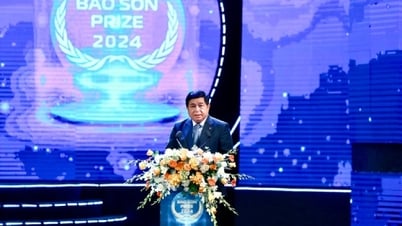
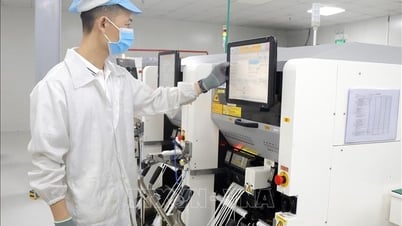
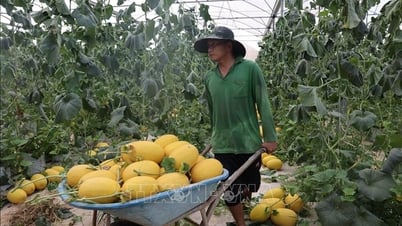



![[Photo] General Secretary To Lam meets and expresses gratitude to Vietnam's Belarusian friends](https://vphoto.vietnam.vn/thumb/1200x675/vietnam/resource/IMAGE/2025/5/11/c515ee2054c54a87aa8a7cb520f2fa6e)




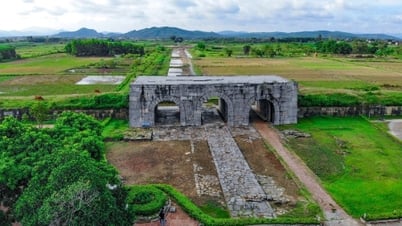








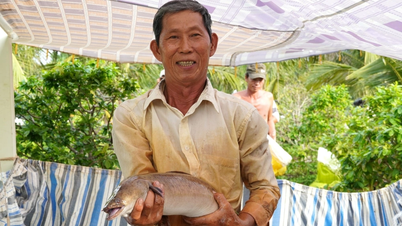

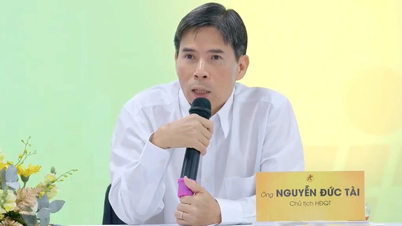



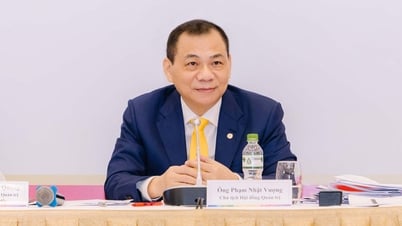

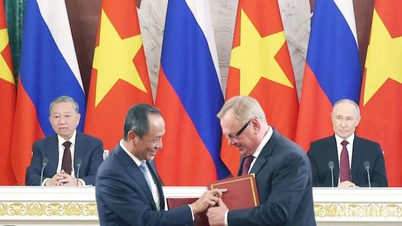



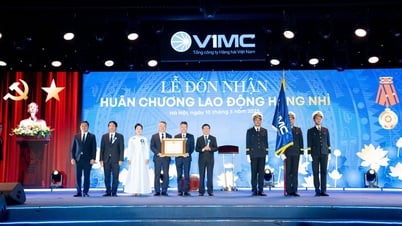


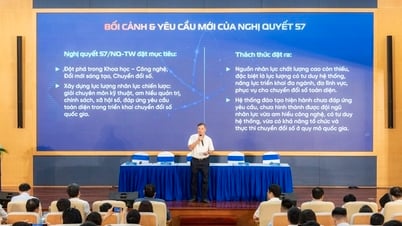
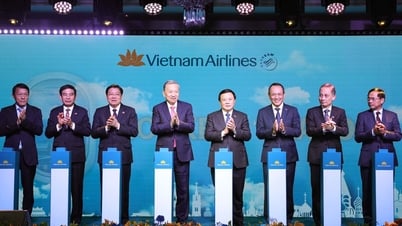


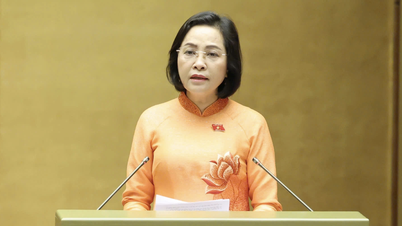

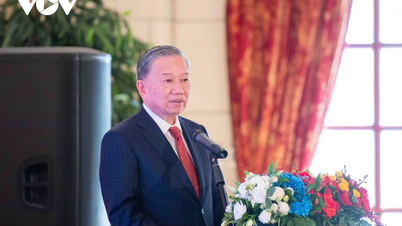

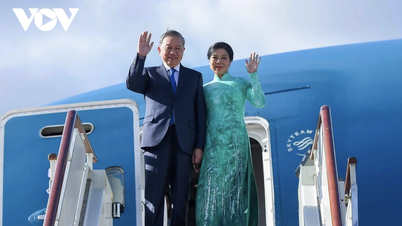
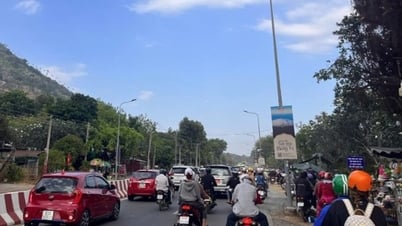




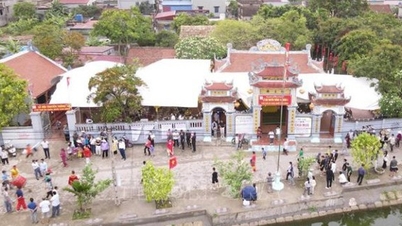



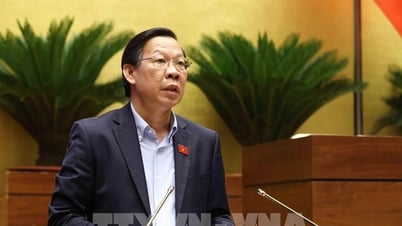



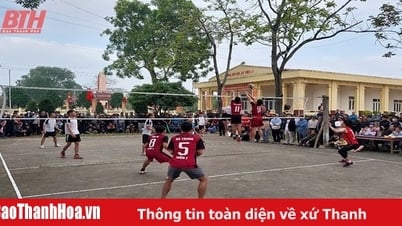



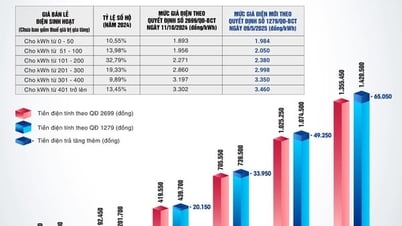











Comment (0)